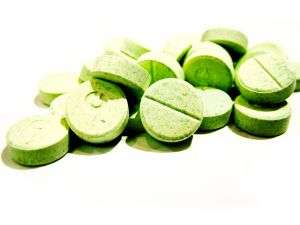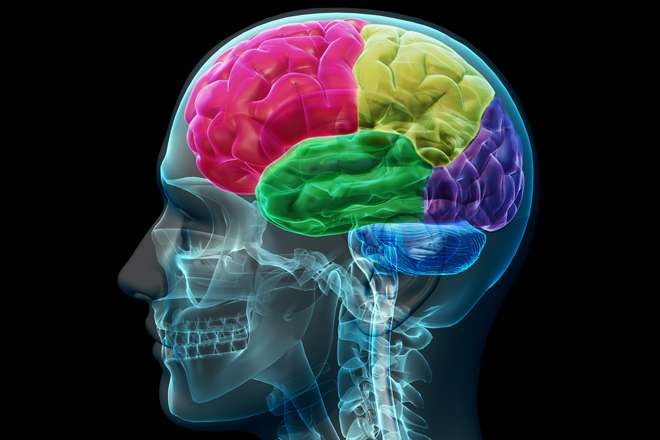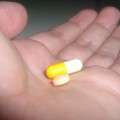DISTURBED CEREBRAL PERFORMANCE HAS MANY FACES

Eliciting factors of reversible functional brain disorders
– Inflammable CNS processes: encephalitis, meningitis
– Space occupying processes in
the brain: subdural haematoma, tumors, metastases, abscess
– Craniocerebral traumas
– Vascular CNS disturbances: thrombosis, embolism, cerebra vascular insufficiency
– Epilepsy: e.g. after grand mal attacks
– Infections diseases: infections with high fever, e.g. severe pneumonia, sepsis
– Metabolic and endocrine disturbances: e.g. hypothyreosis and myxoedema, acidosis, thyreotoxicosis, hypo – and hyperglycemia, electrolyte imbalance, dehydration, encephalopathy
– Diseases giving rise to hypoxia: chronically obstructive lung diseases with hypercapnia, severe anemia, cardiac insufficiency
– Nutritional disorders: Vit B12, folic acid deficiency, thiamine, nicotinic acid
– Drugs: e.g. anticholinergics, sedatives, neuroleptics, spasmolytics, diuretics, antidepressants, cardiac glycosides.
Symptoms of cerebral functional disorders – an attempt at differential diagnosis
- Symptoms that rather suggest a vascular origin (primary neurological characteristics)
- Dizziness
- Headache
- Sleep disorders
- Defective hearing
- Emotional liability
- Speech disorders
- Scotoma, double vision
- Paresis
- Symptoms that rather suggest a primary degenerative process (Alzheimer’s disease) (primary psychopathogenetic characteristics)
- Confusion
- Mental rigidity
- Depression
- Agitation and aggressiveness
- Situation – related anxiety
- Slowly progressing decline of cognitive ability
- Symptoms that, mainly because they occur initially, are hard to interpret
- Disturbed concentration
- Disturbed memory







